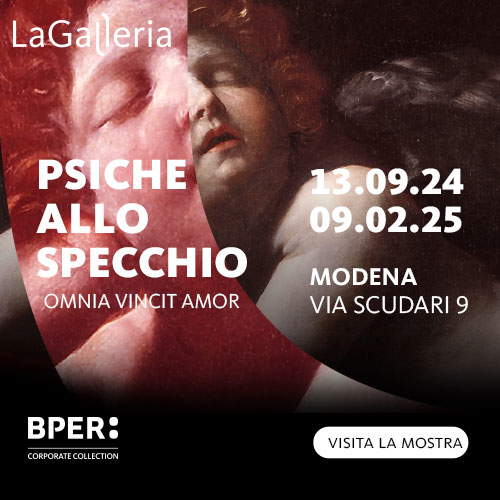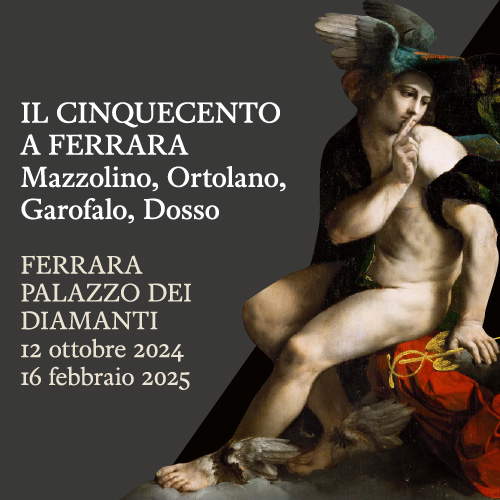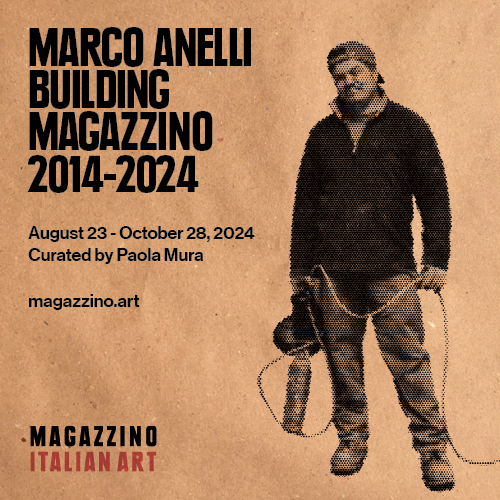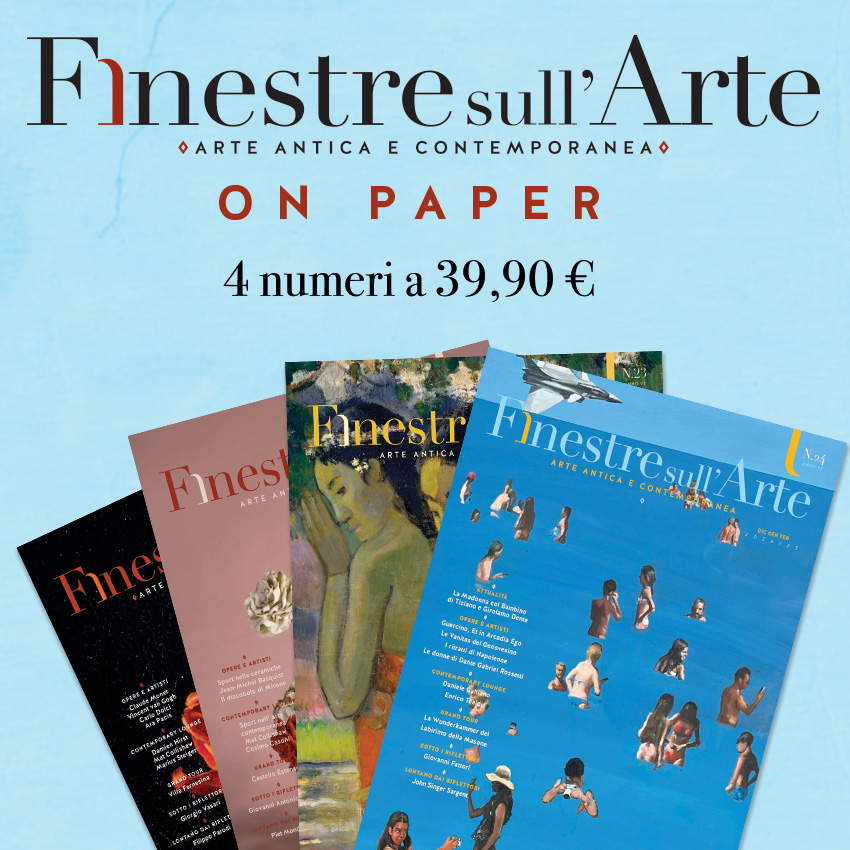Genoa tells its medieval history throughout 2024
Ianua - Genoa in the Middle Ages is the unprecedented event that throughout 2024 will tell the story of medieval Genoa with the intention of introducing the general public to the great cultural value that this historical period had for the Ligurian capital. It is a project that was born following the guidelines of the Strategic Plan for Culture and from the awareness that the city, between the 10th and 15th centuries, underwent an extraordinary expansion, becoming one of the richest and most important cities in the Mediterranean.
“The history of the Genoese Middle Ages has always been the focus of international historiography. Guglielmo Embriaco, Benedetto Zaccaria, Simon Boccanegra, Christopher Columbus, are just some of the most famous characters, capable of embodying the genius loci,” stresses Antonio Musarra, scientific curator of the project and associate professor of Medieval History at Sapienza University of Rome, “but the protagonists of Genoese history are many more: crusaders, merchants, ambassadors, artisans, men and women, who form the fabric of an extraordinary story, testified by numerous sources, mainly preserved in the Genoese State Archives. A complex and fascinating history, which deserves to be told and known.”
“Genoa is preparing to rediscover its medieval history through a major event that will retrace an unprecedented past,” said Genoa Mayor Marco Bucci. “Our city has one of the largest and best-preserved medieval historic centers in Europe. The corners, alleys and squares hide hundreds of stories that deserve to be rediscovered and passed on. The spotlight will be on an important period in the city’s history that laid the foundation for a glorious future. It will be an opportunity for Genoese and tourists alike to rediscover a key piece of history in which Genoa was already considered a major European player. An event that will allow to enhance the ancient role of our city as the ’gateway to Europe,’ a topic that centuries later is still topical. Genoa is ready to show the world its medieval wonders that will be able to fascinate and enchant citizens, tourists and thousands of enthusiasts.”
“In the Middle Ages, Liguria played a leading role,” commented Liguria Regional President Giovanni Toti, “contributing to writing a chapter of Italian and European history that it is our duty to enhance. Just think, for example, of Genoa’s leadership in the mercantile sector, as well as in the maritime and artistic sectors. To celebrate our past we are inaugurating together with the City of Genoa, and in line with the Strategic Plan for Culture, a project that aims to explore the key role of Liguria in a period of territorial expansion. This initiative not only allows us to explore the roots of the splendors of Renaissance and Baroque Genoa, but also gives us the opportunity to reaffirm our historical identity as an integral part of the cultural fabric of the region. Aware of the economic impact of this year-long project, we aim to attract more and more tourists by contributing to the strengthening of the local economy.”
Throughout 2024 this heritage will be progressively unveiled and narrated thanks also to theopening of a number of sites of interest and through a rich program of initiatives, thematic meetings organized in collaboration with various city entities, guided historical and artistic encounters in the most iconic places of the Genoese Middle Ages by scientific popularizers, theatrical and musical events, and medieval-themed performances on Genoese history.
The program will culminate between October 11 and 13 in a major event along the lines of Rolli Days.
Events such as the conference organized by Limes, directed by Marco Ansaldo, at the Ducal Palace (Jan. 19-21) themed “The Empire of Genoa. From the Black Sea to the Atlantic, the Great Expansion in the Middle Ages,” the exhibition of the Atlantic Bible at the Berio Library, exhibitions at the Genoa State Archives, the Historical Archives of the Magistrate of Mercy and the Diocesan Museum, with the contribution of the Bruschettini Foundation, and at the National Museums of Genoa, on the theme “Genoa and St. George. History, Images and Identity of a Knightly Saint between the Middle Ages and Modernity.”
Also planned is the remounting of the Tomb of Cardinal Luca Fieschi at the Diocesan Museum of Genoa, carried out with the help of the Compagnia di San Paolo, and also planned is the reopening and remounting of the Museum of St. Augustine. “A very important work will concern the Museum of St. Augustine,” added Giacomo Montanari, coordinator of the culture table of the City of Genoa, “which represents for the city a fundamental point of its identity. The funeral sculpture of Margaret of Brabant by Giovanni Pisano is one of the most exceptional and eloquent masterpieces that this city preserves, and the reopening of the museum itinerary of Sant’Agostino is a goal that we set for ourselves toward the end of May.”
There will be no shortage of seminar meetings, lectures and presentations of research, volumes and topics related to the city’s medieval history, in cycles of both specialized and popular nature, made possible thanks to the University of Genoa, the Office of Ecclesiastical Cultural Heritage, theGenoa State Archives, the Biblioteca Civica Berio, the Centro Studi “Costamagna,” the Palazzo Ducale Fondazione per la Cultura and “La Storia in Piazza” (with a section dedicated to the theme), the Società Ligure di Storia Patria, the Istituto Internazionale di Studi di Liguri, the Magistrato di Misericordia Foundation and the Bruschettini Foundation for Islamic and Asian Art.
The detailed program of activities and individual events will soon be available at www.visitgenoa.it
Three days dedicated to the discovery of the city’s medieval sites are scheduled from October 11 to 13: visitors will be taken through a narrative covering a number of sites of interest, selected by the curator and the scientific-organizing committee, in order to encourage an approach to historical, archaeological, artistic and architectural themes. Special attention will be paid to the Imagined Middle Ages: the medieval reconstruction of the city between the 19th and 20th centuries constitutes an important chapter that can proceed beyond the architectural gaze. Access to sites of interest will be provided through a reservation channel.
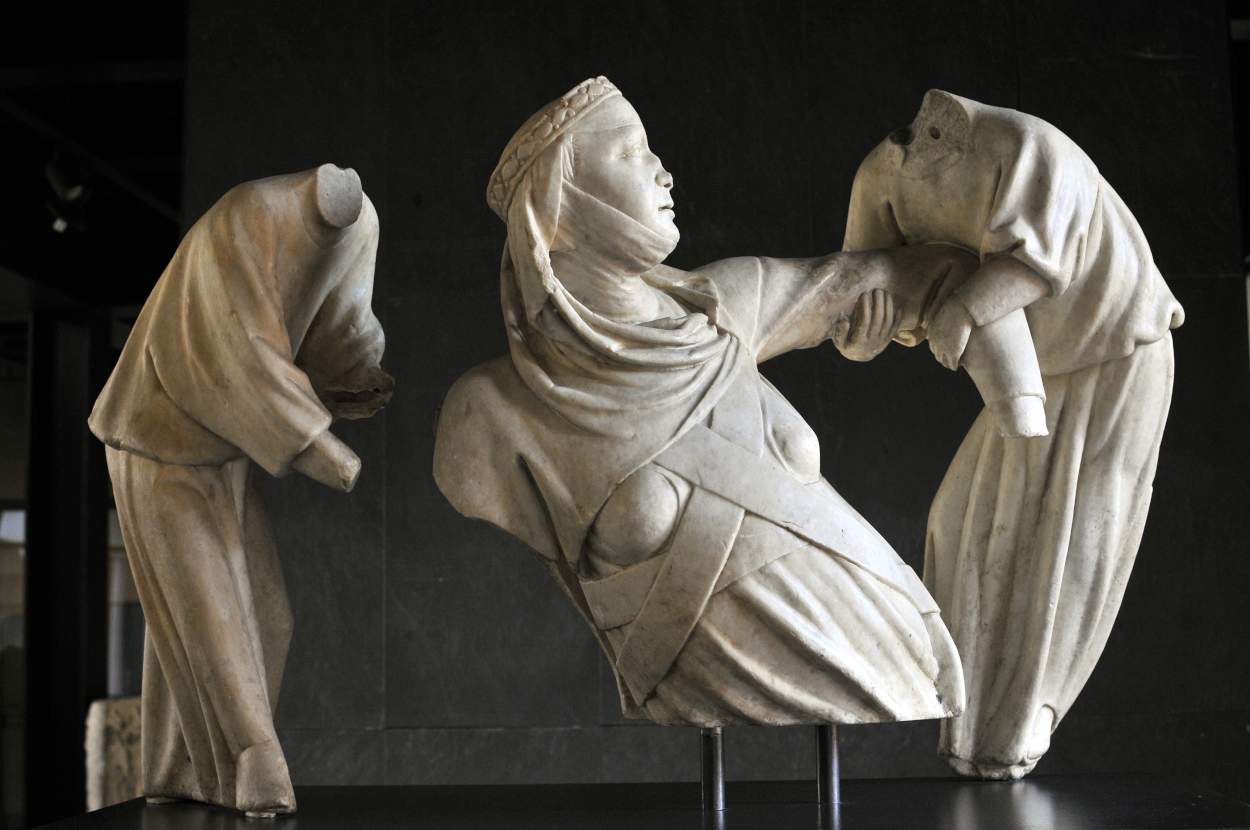 |
| Genoa tells its medieval history throughout 2024 |
Warning: the translation into English of the original Italian article was created using automatic tools. We undertake to review all articles, but we do not guarantee the total absence of inaccuracies in the translation due to the program. You can find the original by clicking on the ITA button. If you find any mistake,please contact us.



